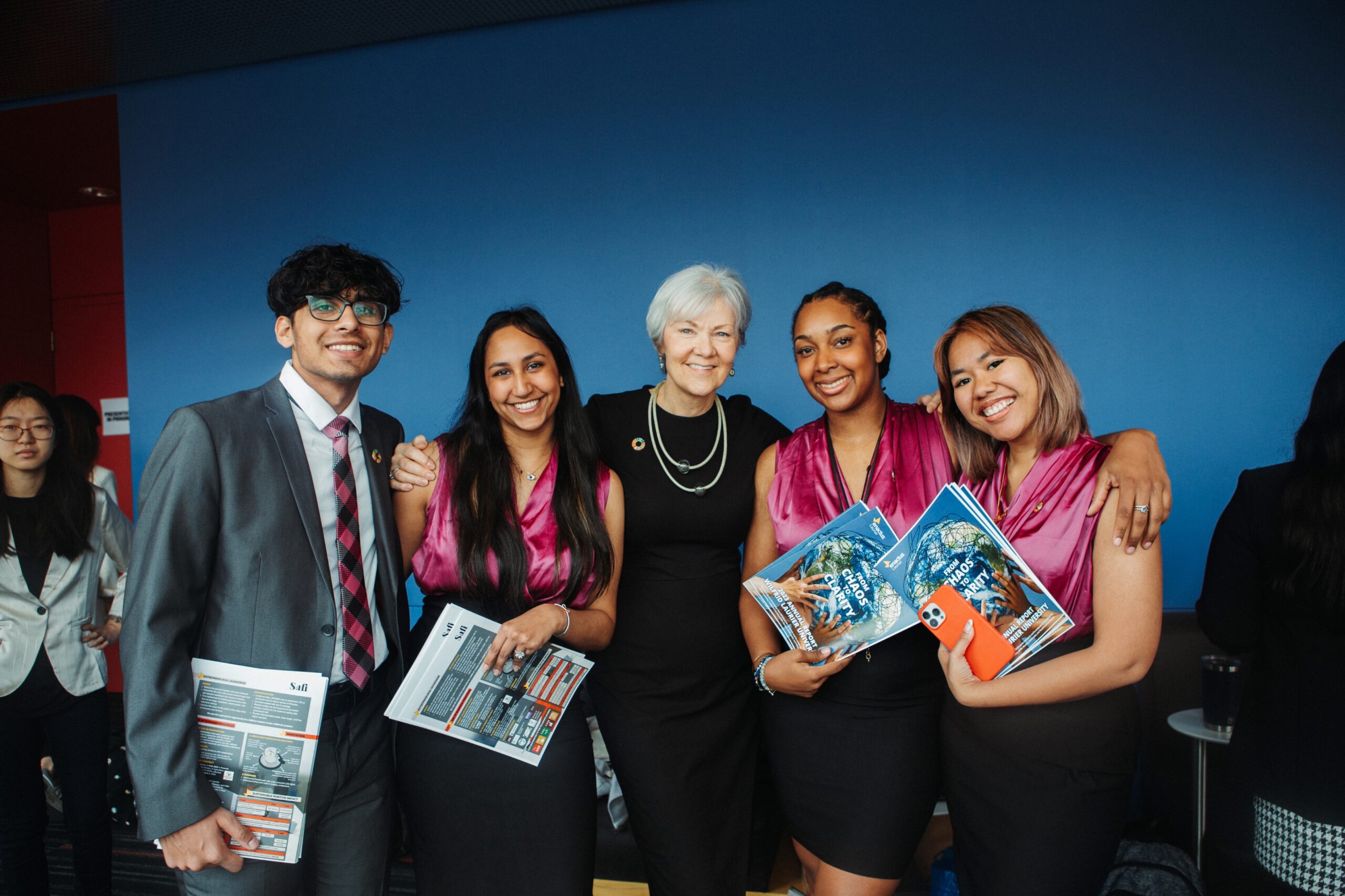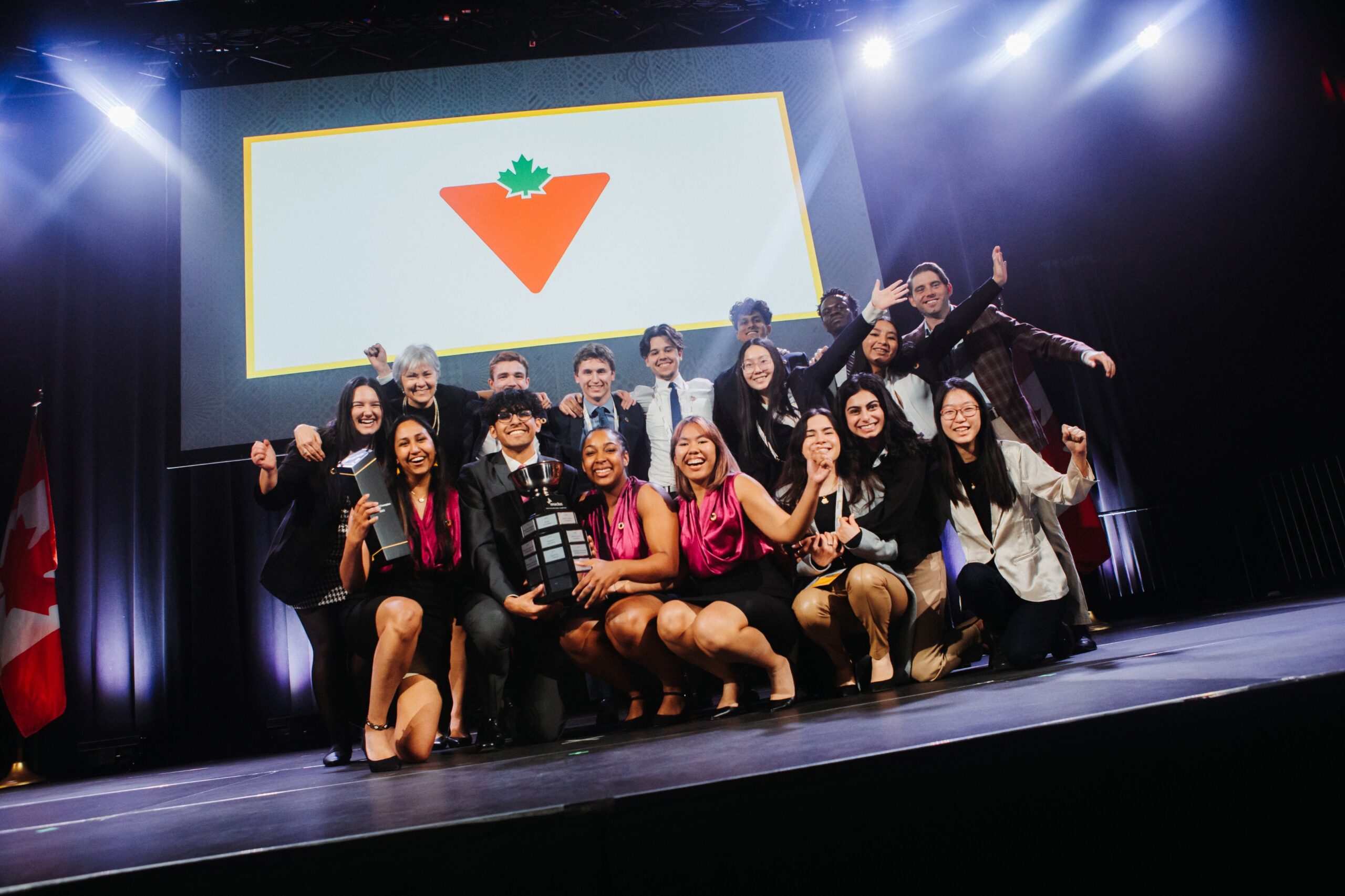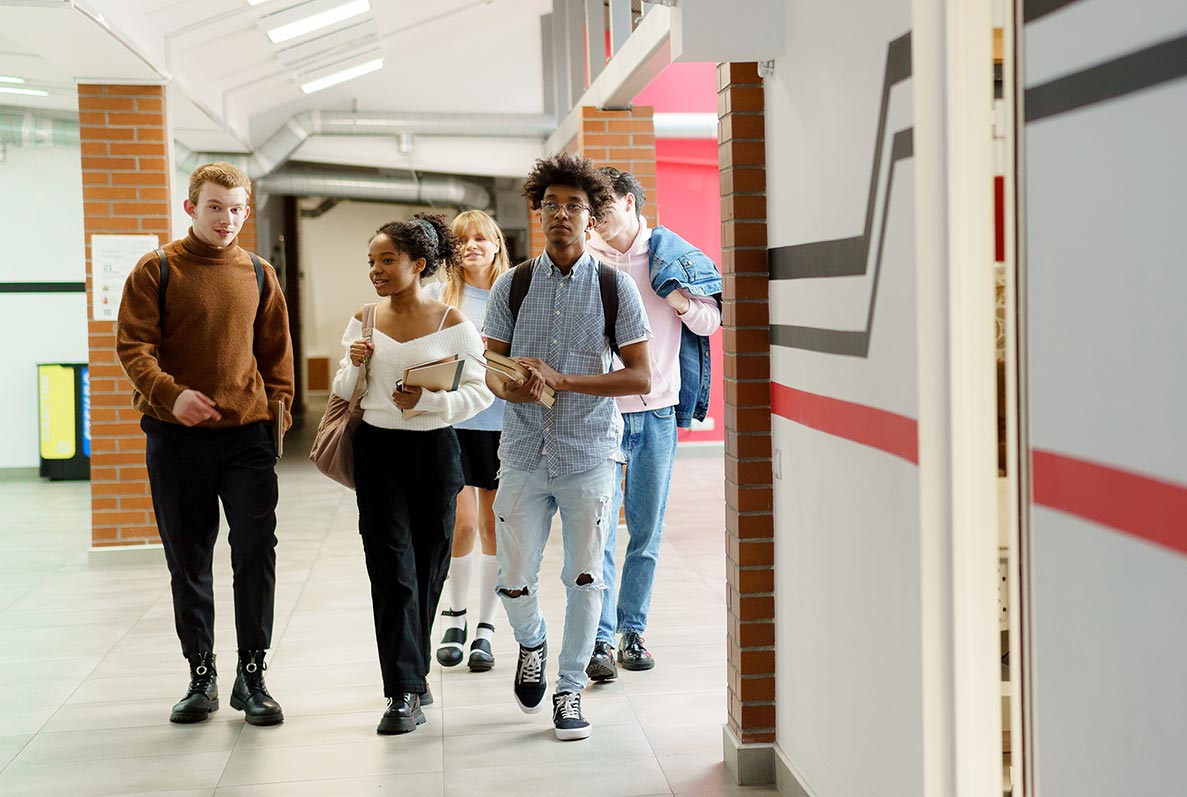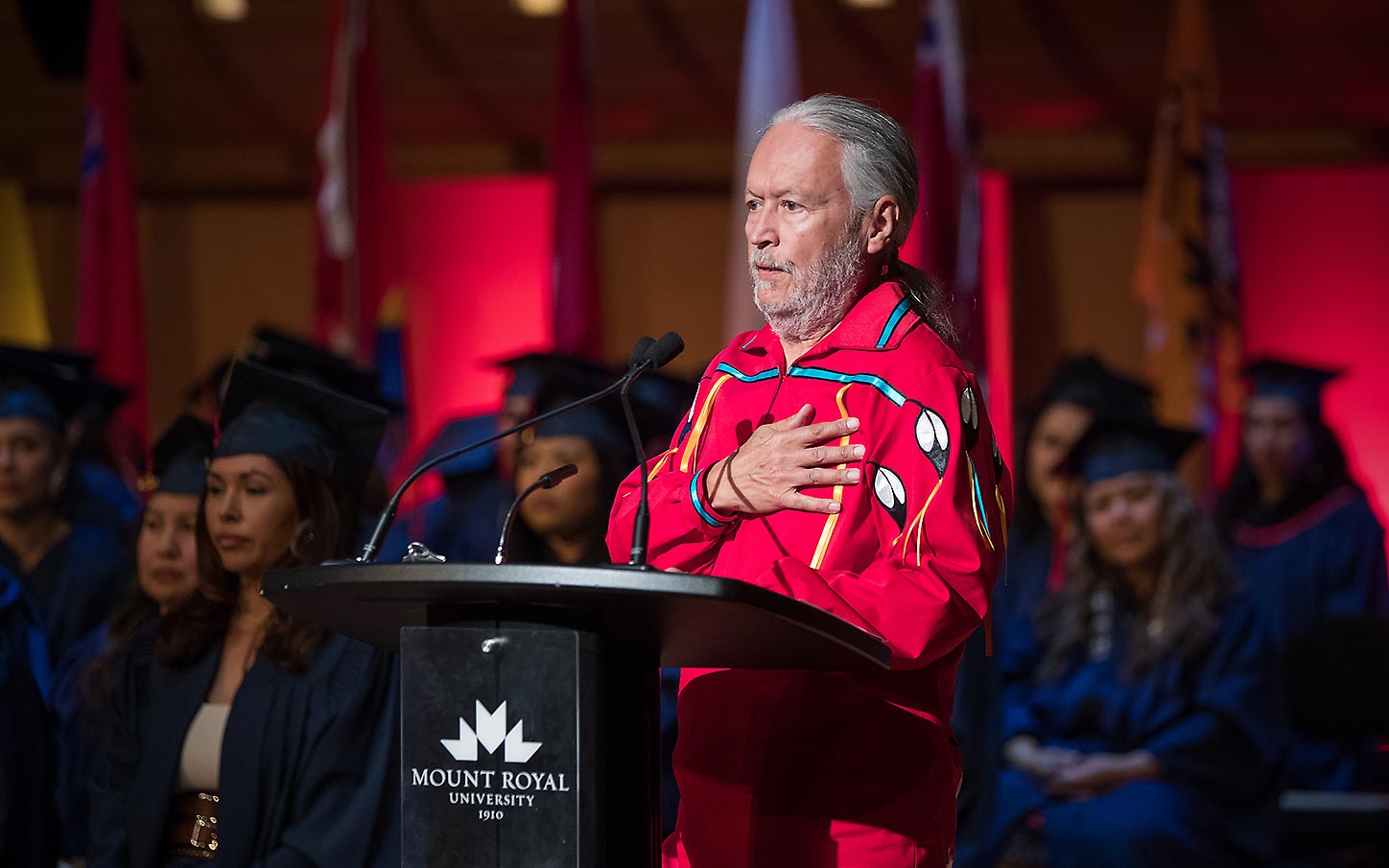
Laura Allan, Assistant Professor; Director, Innovation & Entrepreneurship, Wilfrid Laurier University
Q&A
1. Laurier has been a Changemaker Campus since 2016 and recently renewed its designation for another four years. In your experience, how have you seen changemaking evolve at Laurier? How do you hope to see it continue to grow?
Changemaking has always been part of Laurier’s DNA. The designation though, has been a catalyst to make what was essentially organic, more strategic and purposeful. It’s been a slow and steady process, first with efforts to increase awareness around campus, putting a name to the activity that was already happening, and engaging more students through events like ‘Changemaker Awareness Month’ and our participation in the Map the System competition. With this last renewal we have made a greater commitment through a new pan-university innovation and entrepreneurship (I&E) strategy with a focus on purpose-driven or changemaking I&E, to involve more students in the kind of activities that our Enactus Laurier team are involved in. We’ve revamped our website to provide students with a changemaking ‘map’ essentially, providing information on how they can learn about it, try it, and do it for real, both in a broad way and with targeted information on how they can focus their changemaking efforts on specific UN SDGs. It’s still a work in progress, but we’re excited to see it grow, adding stories about student and alumni changemakers, as well as faculty doing research in the field. We have some exciting interactive events planned year long and are also looking at new curriculum and dedicated space, which will help to accelerate the potential impact. Without the designation this would not have happened.
2. You recently attended the Ashoka Changemaker Summit, a global gathering of changemakers from around the world. What were your biggest takeaways?
My biggest takeaway was that there is so much that can be done and needs to be done to create an ‘everyone a changemaker’ world. I came away with so much enthusiasm and with so many ideas and great connections, it really helped to push the boundaries on what is possible. Hearing stories from Ashoka Fellows was great inspiration. Mostly, having brought a student changemaker with me, who is the Co-President of our Enactus team and the founder of an enterprise focused on building climate-resilient housing for northern Indigenous communities, seeing the impact it had on her and how it has energized our activity on campus as a result, that was the most tangible takeaway.
3. As a Change Leader, what keeps you energized in doing this work?
Without a doubt, what keeps me energized is seeing how this work changes the students. They are hungry to learn how they can make a positive difference in the world, and to start making a real impact. Their energy and passion, and their limitless thinking is truly inspiring and keeps me going. This work is not easy by any means, but the effort reaps huge rewards in seeing how transformative it is. All the students I’ve worked closely with have become true changemakers and have continued that path. I’m incredibly honoured to be part of their journey.
4. What is your advice to emerging Change Leaders and people trying to transform their institutions?
My advice would be to focus on the end goal and never underestimate what your students can do. Building a Changemaker Campus can be slow and time-consuming work, but it is incredibly rewarding. Not everyone is lucky enough to do work that truly energizes and inspires them. If you stay focused on the end goal and not get discouraged with the pace and the amount of work, it really is worth it. But most importantly, believe in the power of passionate students. It’s incredible what boundaries they can push when they have enough knowledge to get started on something, but not enough to think it can’t be done. I’ve seen students do amazing things that are incredibly innovative in areas that are sometimes not even related to what they are learning in their programs. Changemaking just needs passion and action, and it will grow exponentially.
5. What’s a book, article, Ted Talk, etc. that you think everyone should read or watch?
Recently I’ve been listening to Adam Grant’s book ‘Hidden Potential.’ As soon as the book ended, I started listening again, so it’s definitely my current must read/listen. On his website he says: “Hidden Potential illuminates how we can elevate ourselves and others to unexpected heights.” I can’t think of a better topic related to changemaking. Isn’t that what we’re trying to do – empower our students to be changemakers so they can elevate themselves and the world? What he talks about in the book really opened my mind and helped me to see how to better support my students to uncover the hidden potential inside all of them.

Laura Allan with the Laurier Enactus team.

